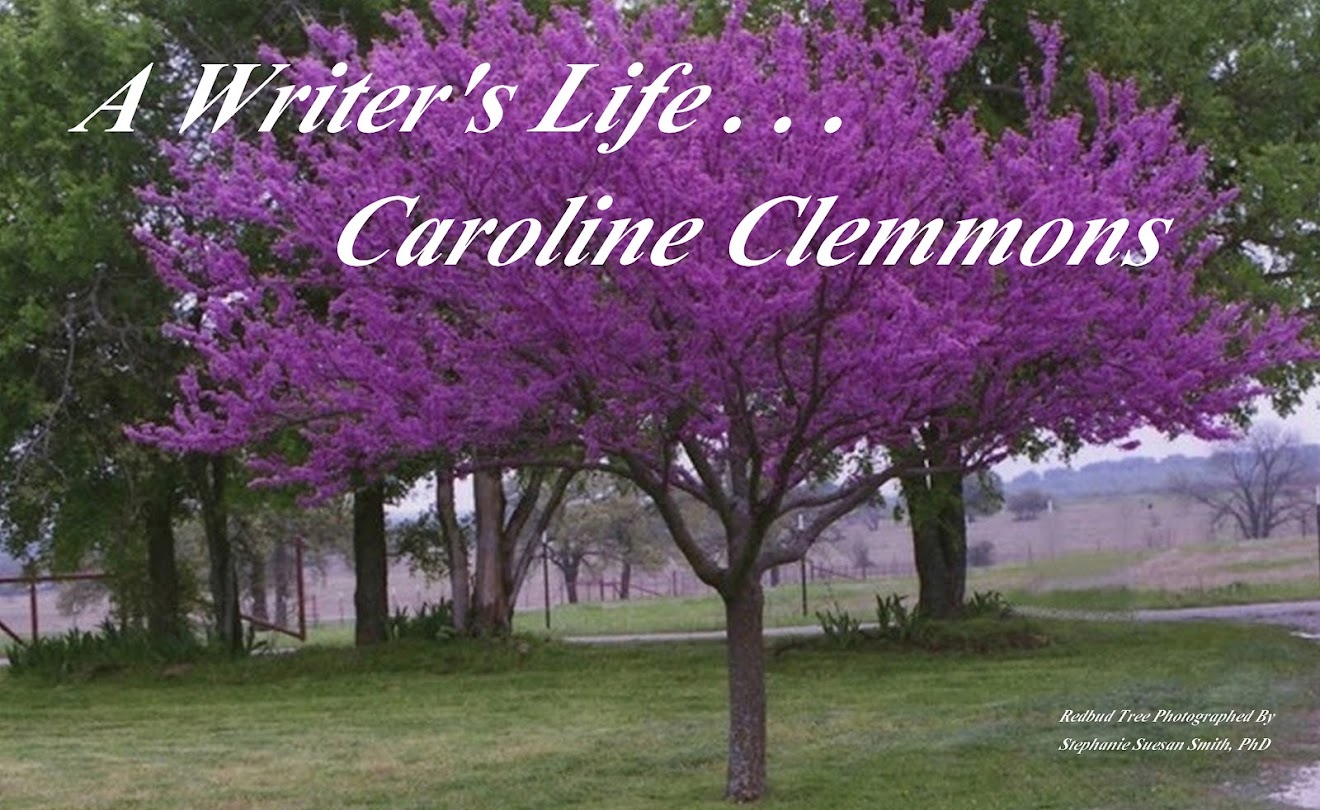Do you like history? Do you like stories of pioneers? Wagon trains? Genealogy? Quilting? If you answer yes to any of these, this book and its companion series will interest you.
Linda K. Hubalek has written TRAIL OF THREAD as if it were a series of letters written by her great-great-great grandmother, Deborah Goodpaster Pieratt. Deborah and John Pieratt left Kentucky to find better land in the newly opened Kansas Territory. Ms Hubalek has researched this history so well the letters engage the reader immediately. I have often studied this era in both family history and in writing historical fiction. I thought I was well versed on what went into a covered wagon, but I learned a great deal from this book.
The letters are filled with Deborah's emotions at leaving her home and family. Along the way, she exchanges quilt patterns and recipes with other travelers she meets. The reader joins Deborah in facing the dangers and hardships of her trip.
The author includes small details most would not consider. She writes of incidents that must have meant surprising hardship for pioneers--such as yoke sores on oxen, moist flour, mosquito coated bread, storms, river crossing accidents, lost supplies, walking in mud, sleeping on damp bedding, sleeping in winter clothing to keep warm, not having clean water for laundry or bathing.
I found the descriptions of building the covered wagons and stocking them very helpful for my personal research.
As the Pieratt family travel to their new home, they are aware of the trouble brewing over slavery. Not wishing to become embroiled in the controversy and endanger themselves, they answer the inevitable question of where they stand on the issue in nomcommital ways to Southerners. In fact, they were not slave holders and were against slavery. Even in 1854-55, the time period covered in this book, abolitionists and slaveholders were drawing lines in the sand. The readers sees the Civil War building.
I can highly recommend this book to anyone who answered yes to any of the initial questions. Even though my historical novels are set in Texas, I'll keep my copy of TRAIL OF THREAD in my research library.
TRAIL OF THREAD is followed by THIMBLE OF SOIL and STITCH OF COURAGE and is one of three series Linda K. Hubalek has released from http://www.butterfieldbooks.com/ The books are available individually or in a set.
Please return on Wednesday, May 25th, when author Linda K. Hubalek will be my guest here. She will answer questions regarding her writing, research, and any comments from readers.
Thanks for stopping by!
Linda K. Hubalek has written TRAIL OF THREAD as if it were a series of letters written by her great-great-great grandmother, Deborah Goodpaster Pieratt. Deborah and John Pieratt left Kentucky to find better land in the newly opened Kansas Territory. Ms Hubalek has researched this history so well the letters engage the reader immediately. I have often studied this era in both family history and in writing historical fiction. I thought I was well versed on what went into a covered wagon, but I learned a great deal from this book.
The letters are filled with Deborah's emotions at leaving her home and family. Along the way, she exchanges quilt patterns and recipes with other travelers she meets. The reader joins Deborah in facing the dangers and hardships of her trip.
The author includes small details most would not consider. She writes of incidents that must have meant surprising hardship for pioneers--such as yoke sores on oxen, moist flour, mosquito coated bread, storms, river crossing accidents, lost supplies, walking in mud, sleeping on damp bedding, sleeping in winter clothing to keep warm, not having clean water for laundry or bathing.
I found the descriptions of building the covered wagons and stocking them very helpful for my personal research.
As the Pieratt family travel to their new home, they are aware of the trouble brewing over slavery. Not wishing to become embroiled in the controversy and endanger themselves, they answer the inevitable question of where they stand on the issue in nomcommital ways to Southerners. In fact, they were not slave holders and were against slavery. Even in 1854-55, the time period covered in this book, abolitionists and slaveholders were drawing lines in the sand. The readers sees the Civil War building.
I can highly recommend this book to anyone who answered yes to any of the initial questions. Even though my historical novels are set in Texas, I'll keep my copy of TRAIL OF THREAD in my research library.
TRAIL OF THREAD is followed by THIMBLE OF SOIL and STITCH OF COURAGE and is one of three series Linda K. Hubalek has released from http://www.butterfieldbooks.com/ The books are available individually or in a set.
Please return on Wednesday, May 25th, when author Linda K. Hubalek will be my guest here. She will answer questions regarding her writing, research, and any comments from readers.
Thanks for stopping by!





